Mississippi Native: Maude Schuyler Clay
"I've taken plenty of photographs all over the world and the country, but they just aren't as meaningful to me as the ones that I've done here in Mississippi and specifically the Delta."
What does it mean to call Mississippi home? Why do people choose to leave or live in this weird, wonderful, and sometimes infuriating place? In December, I got the chance to speak with photographer Maude Schuyler Clay, whose work has become synonymous with the landscape and people of the Mississippi Delta. Maude considers herself a “visual archivist,” a “voyeur and observer,” whose ultimate goal is to keep a record of the place she calls home. From her house in Sumner, which she shares with her husband, the photographer Langdon Clay, Maude spoke about the “giant magnet” that is Mississippi, and how she decided to come back to Sumner, population 400, after living for over a decade in New York. Maude is a fabulous storyteller with a self-deprecating sense of humor. Her dedication to art and art-making and her connection to place and home were the throughlines of our conversation. The following interview has been edited for length and clarity. Paid subscribers will get access to the full recorded interview with Maude Schuyler Clay.
Where are you from?
I was born in Sumner, Mississippi, in 1953. If you do those numbers, you'll know that I'm getting ancient, but still pretty young at heart, I hope. My mother grew up in this house, my grandparents grew up in this house. Back in the day [my grandmother’s family had] a house out on the cotton farm at a place called Graball Landing which has now become famous thanks to all the great work that's been done by civil rights historians. But that house blew away in a cyclone in something like 1894. All that was left, supposedly, was [my grandmother’s] pet dancing bear that was still chained to a tree, and then the rosewood piano that belonged to her sister with the legs blown out. I just think that's got to be the key image of my life.
My father was from Evanston, Illinois. He graduated from Northwestern Law School in 1936. He came to Memphis to do his first job after graduating from law school. And he went to the Cotton Carnival and met my mother and basically never went back to Chicago. So I got some good Yankee blood mixed in with the old Delta stuff. It's made me into a real voyeur and observer and one that wants to record what the place looks like.
Sumner has a population of 400 people. But I think of the Delta like one big community, one big home.
How long have you lived in Mississippi? Have you lived here your entire life?
I was born here and then I went off to college. And then I went off to New York for about thirteen years. And now I'm back. There's something I call “the giant magnet” about Mississippi. When you're young and energetic you can't wait to get away from this place. I came back ostensibly to have a baby and then I just [realized I] could never really live in New York again.
But I learned a lot—I had some interesting jobs in New York. And, of course, I met Langdon there, and it was a great time, the photography community, back in the ‘70s. I really lucked into this job at the Light Gallery, which was one of two contemporary photography galleries in New York, thanks to a photographer named Stephen Shore. And that was kind of like getting a graduate degree in photography. I got to meet all these [photographers] like André Kertész and Aaron Siskind and Harry Callahan and Lee Friedlander.
I'd met a few of those people in Memphis when I was going to the Memphis Academy of Arts and I was apprenticing for [Bill Eggleston] at the end of my so-called college career. And then when I got to New York, a lot of those people lived up there. Good luck and a little bit of smarts and fate landed me in some very interesting jobs up there.
What does home mean to you and how does Mississippi fit into your definition of home?
Well, this is truly my home. I mean literally, since I grew up in this house. And my mother grew up in this house, as I said. My grandparents built the house around the turn of the last century. So it seemed like a natural thing to come home to this place. I think of home as a place where you raise a family or you make a family. Sumner has a population of 400 people. But I think of the Delta like one big community, one big home.
I started taking photographs in the late ‘70s, I mean, real serious photographs. I was doing it at art school, but they're, for the most part, kind of bad black and white stuff. But when I got back here to live, when I was able to work my way through hauling babies around, I started thinking that this landscape was so special and beautiful. And there's history behind everything. Much of it is a dark history, very troubling. I just wanted to first keep a record of the landscape.
I feel it’s my calling card to be able to say I’m from Mississippi. I think there really is a curiosity to the kind of strangeness and isolation that we've had in Mississippi for a long time.
And so I started doing that about 1992, because I had a patron who was a doctor who came to Mississippi from West Virginia. And he wanted photographs for the walls of his clinic in Sumner. And since he was just landing here, he said, It's such a bucolic, beautiful landscape. I want you to do the photographs in black and white. By that time, I was already considering myself a color photographer. And I said, No way.
And he said, Well, I guess I'm not going to be able to pay you if you don't do it in black and white. So I went back to the drawing board and took a bunch of black and white photographs of the landscape for my friend, the doctor. And it morphed into this project over the next five or six years that became Delta Land.


What is the weirdest question or assumption you’ve encountered about Mississippi or about you as a Mississippian by someone who’s never been here?
Ralph Eubanks always says Mississippi is a microcosm of the rest of the country. There are a lot of uneducated, ignorant people in the state, but I think you'd probably find that in every place.
You don't know how exotic this place is to most people. [Mississippi has] been called a third world country, but thanks to people like Miss Welty and William Faulkner and William Eggleston, people also have a preconceived idea that Mississippi is exotic and wonderful. It's a contrast. I feel it’s my calling card to be able to say I’m from Mississippi. I think there really is a curiosity to the kind of strangeness and isolation that we've had in Mississippi for a long time.
What is something you’ve learned about Mississippi only by living here?
One of the things that I've learned is unless you're with a very like-minded group of people, it's probably best to keep your mouth shut about politics, especially lately. I've never had anything terrible happen to me, but I just try to get through the world without making too many waves. A lot of the places that I go around to, I have to explain what I'm doing, especially if I'm trying to photograph people. If I'm photographing people, I like to establish some kind of rapport and get their permission.
Do you ever consider moving away? Do you have a tipping point?
I dream about it. I fantasize about it. I would probably be much more willing to move back to New York than Langdon, who grew up in New England. I just can't think of any place that I really want to live. We have a son that lives in Barcelona and he's always saying what a great life it is over there. We visited a few times and I love it, but I really feel like this is my home and I can do what I set out to do here. I've taken plenty of photographs all over the world and the country, but they just aren't as meaningful to me as the ones that I've done here in Mississippi and specifically the Delta.
The older I get the more I realize that, being as isolated as we are in Sumner, if I ever get to the place where I can't drive anymore, it might make more sense to live in a walkable city. But other than that, as long as I'm still walking and seeing, I'm here. I do like to get out, and so does Langdon. We've traveled around to some great places, but both of us really consider this home.
I've taken plenty of photographs all over the world and the country, but they just aren't as meaningful to me as the ones that I've done here in Mississippi and specifically the Delta.
What do you wish the rest of the country understood about Mississippi?
When I was living in a place like New York, which is a huge, busy city full of all kinds of egomaniacs from all over the country and the world, I had a little bit of a perspective, and I wanted people to know that we were not as backwards as many people thought. The minute people hear a Southern accent, they usually think, oh, here's this person from a Southern place, and they're probably going to be very small-minded. But that's a hard question for me. I haven't really lived away from Mississippi for a long, long time.
Do you have a favorite Mississippi writer, artist, or musician who you think everyone needs to know about?
My all-time favorite is Eudora Welty, and I was so lucky I got to meet her a few times and go over to her house. My mother was a wonderful artist along the lines of Theora Hamblett. She read to us a lot and one of the things I loved [about Eudora Welty’s writing] was the vernacular and the nuance of the language that she was able to capture. I still read her from time to time.
I do know [Welty] liked Delta Land because when it came out in 1999, I had a signing at Lemuria, and my friend Richard Ford was in Jackson doing something, and he said, Let's go over to Miss Welty's and show her your book. I want to give her a copy for a Christmas present. And so she's flipping through the whole book and making all these really great, wonderful comments. But the one I remember the best was when it came to [a photo of] the gas pump that was out on a place called Yellow Jacket Plantation—it’s now gone. And she said, Oh, that gas pump. You know he has to be so lonely.
I want to be one of those little old ladies who's still running around or walking around or limping around, whatever, still trying to do what I've always wanted to do: keep a record of this place. And I'm just going to keep doing that as long as I possibly can.
If you had one billion dollars to invest in Mississippi, how would you spend your money?
Oh, I'd have to say something real lofty, like education. I think that's so important. There's a great divide here in the Delta and in Mississippi between the “haves” and the “have nots.” I probably wouldn't be like Elon Musk building spacecrafts, let's put it that way. I'd like to do something for humanity and the people that actually could benefit. And that would probably be through education.
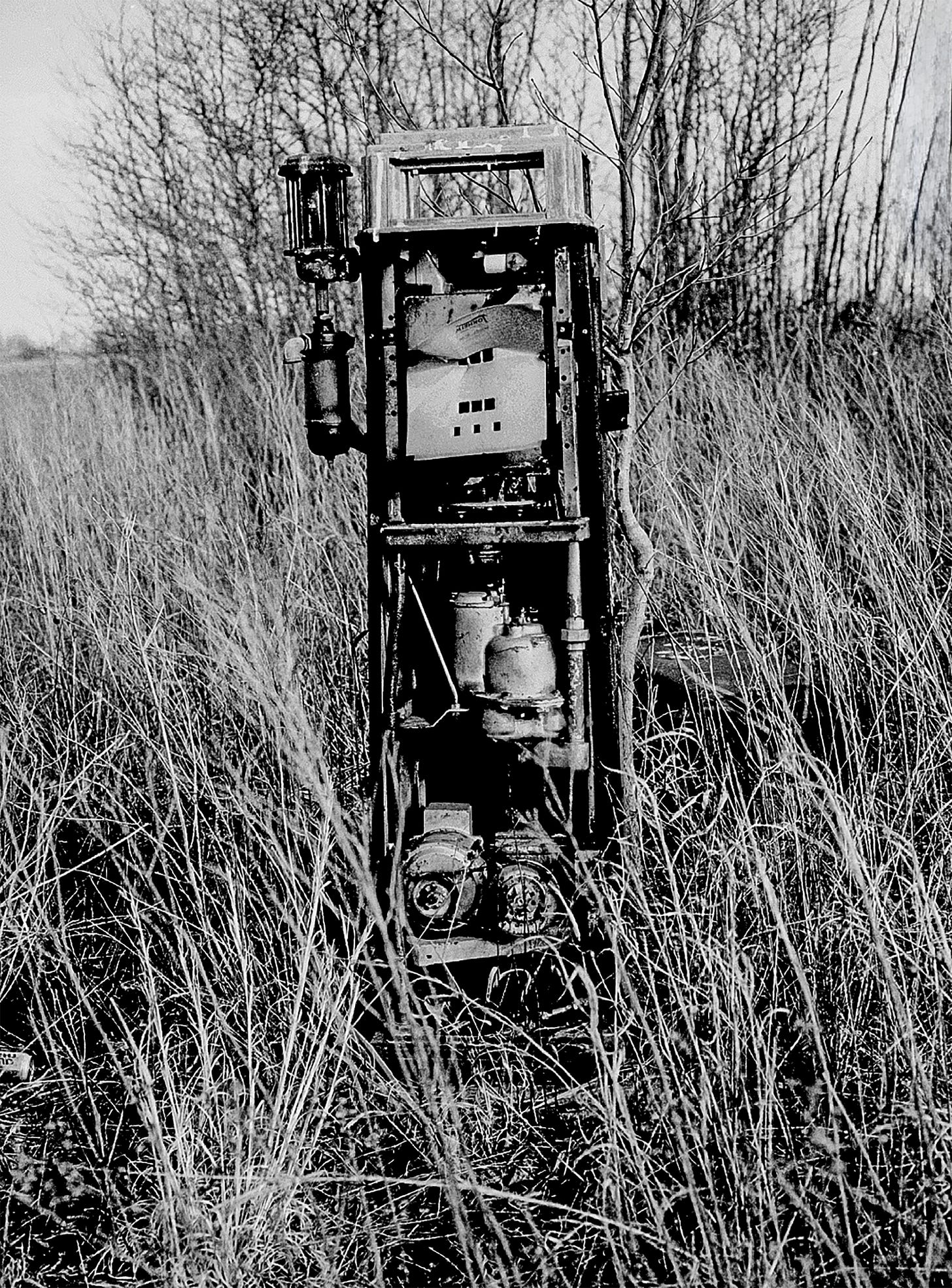
What or who do you want to shamelessly promote? (It can absolutely be a project you’re working on, or something you are involved in.)
My book that’s coming out this year [from Steidl] will have a foreword from Ralph Eubanks. It’s called This Beautiful World. I got very optimistic and called it This Beautiful World.
Delta Land came out twenty-five years ago, but I'm still pretty proud of that book. It has remained in print, and the University Press of Mississippi and Square Books in Oxford and Lemuria [in Jackson], have done a great job of promoting all my books. I’ll put in one plug for the Southside Gallery in Oxford, too.
I want to keep working. I want to be one of those little old ladies who's still running around or walking around or limping around, whatever, still trying to do what I've always wanted to do: keep a record of this place. And I'm just going to keep doing that as long as I possibly can.
Maude Schuyler Clay was born in Greenwood, Mississippi, and assisted photographer and first cousin William Eggleston during her nascent years as a photographer. Her work is in the collections of the Museum of Modern Art, New York; the Museum of Fine Arts, Houston; the High Museum of Art, Atlanta; the Ogden Museum of Southern Art, New Orleans; and the National Museum for Women in the Arts Washington, D.C., among others. In 1999, the University Press of Mississippi published Delta Land, which received the Mississippi Institute of Arts and Letters photography award and the Mississippi Arts Commission Individual Artist Grant. Clay was the photography editor of the Oxford American, from 1998 to 2002. She continues to reside in the Mississippi Delta. A Mississippi photographer with generational roots, Clay records history as a visual archivist, illuminating the domestic, agricultural, and civic manners of the Mississippi Delta, a place that resonates mystery for many but is home to her. What has been described as a “languorous flat-scape” has served as the agricultural homeland of Mississippi since 1817 when the state joined the Union as the 20th state. The titles of Clay’s published works lay claim to a place. Mississippi History and its seductive imagery renders the quotidian extraordinary; Delta Dogs depicts canines that at times eluded photographic capture as they roamed the barren landscape; and Delta Land traces the disappearance of the past.
One year ago:
Mississippi Transplant: Sarah-SoonLing Blackburn
Because I’m not “from” any one place, home to me is more about choice than about the happenstance of birth. Home is any place where you are able to be or become yourself. Mississippi is that for me.
Everything I Need Is Here
Over the years I’ve wondered if staying put was a sign of personal failure. But the longer I’ve stayed, the harder it has been to imagine uprooting myself and my family, starting over in unfamiliar soil.
Two years ago:
Mississippi Native: Jamie Dickson
Seeing the beautiful and broken parts of the state (geographically, socially, economically, culturally, artistically) has just intensified these complex, contradictory feelings. I’ve always wanted to be a writer, and being a writer means embracing (not necessarily understanding) complexity. We got complexity!


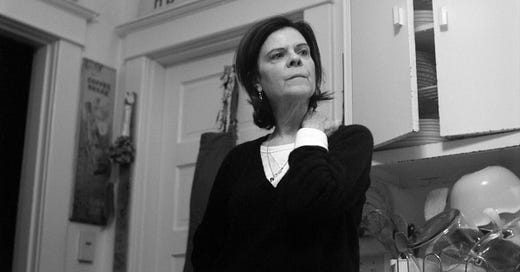



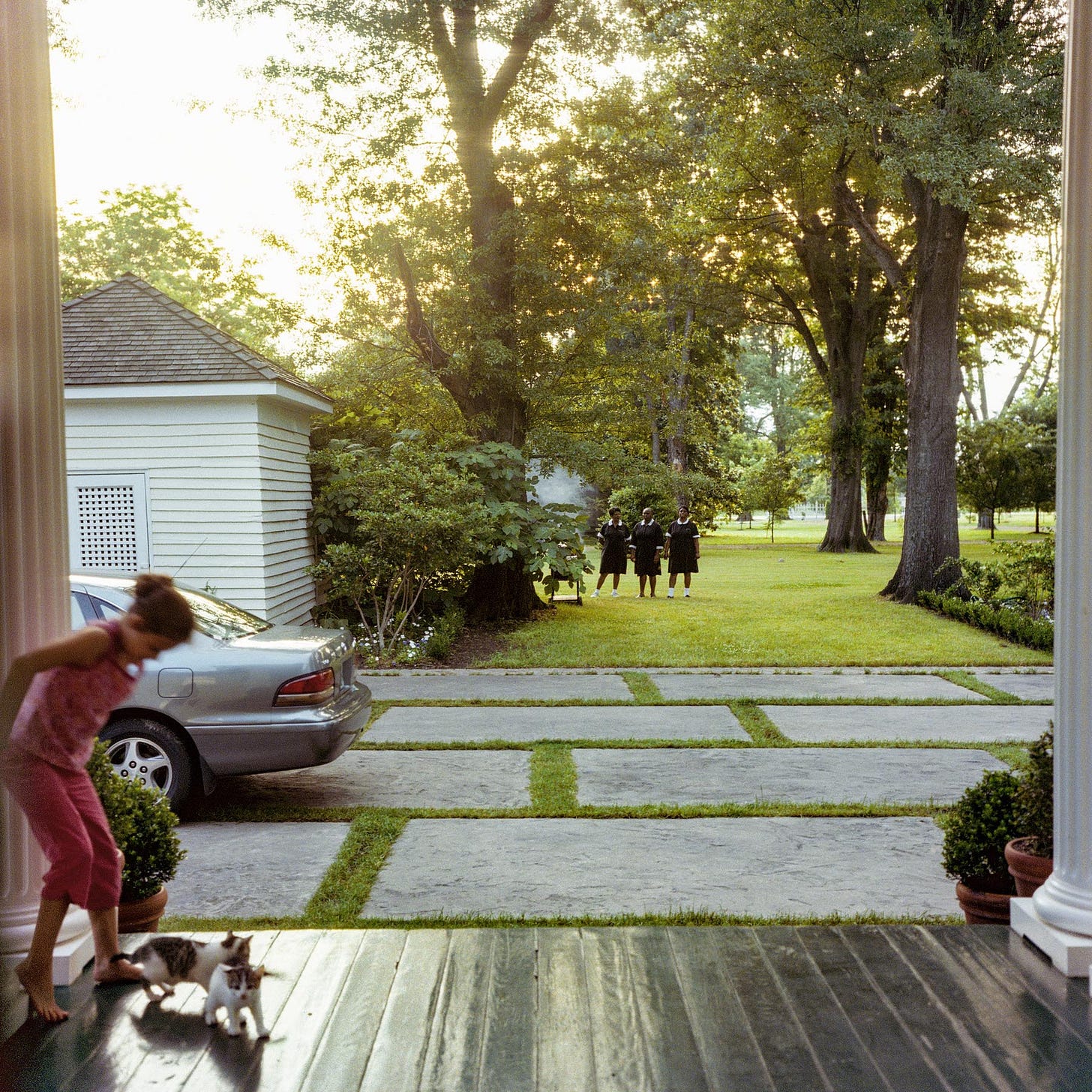
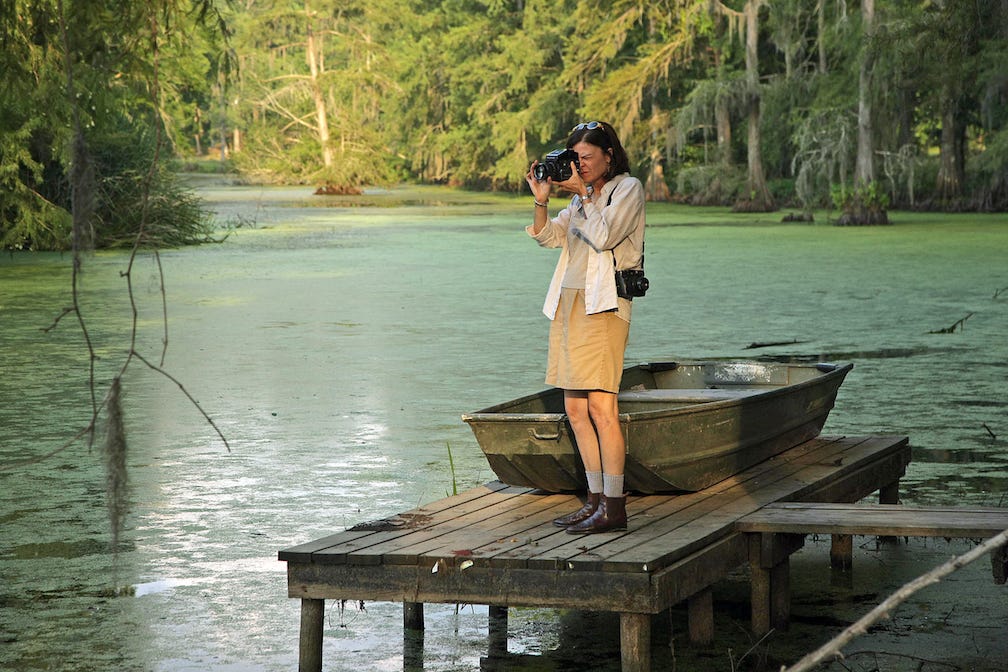
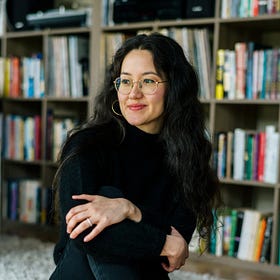

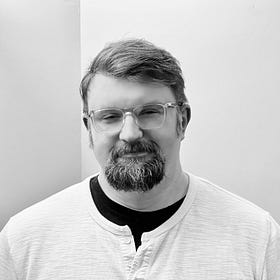
I've loved your photographs for a long time now, both B&W and color. Thank you, thank you for the work you do - for your eye and your heart.